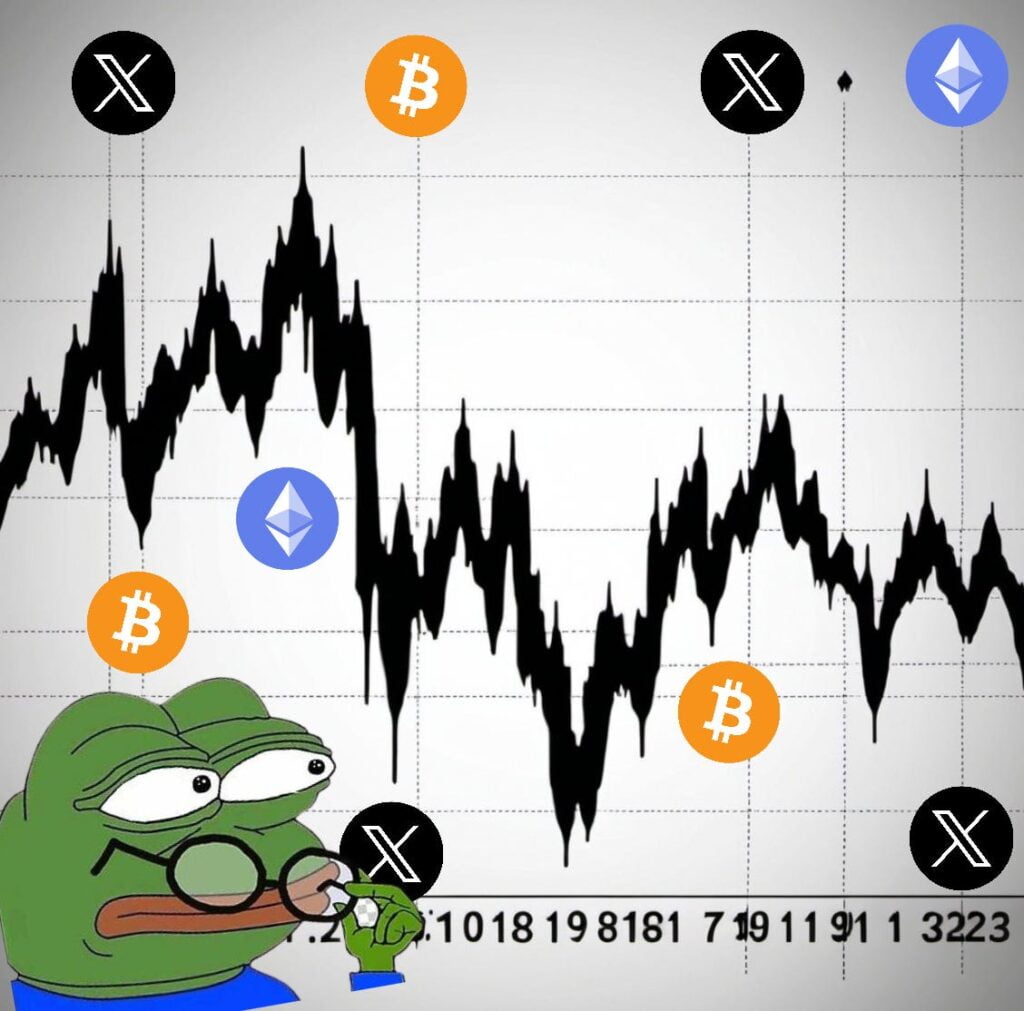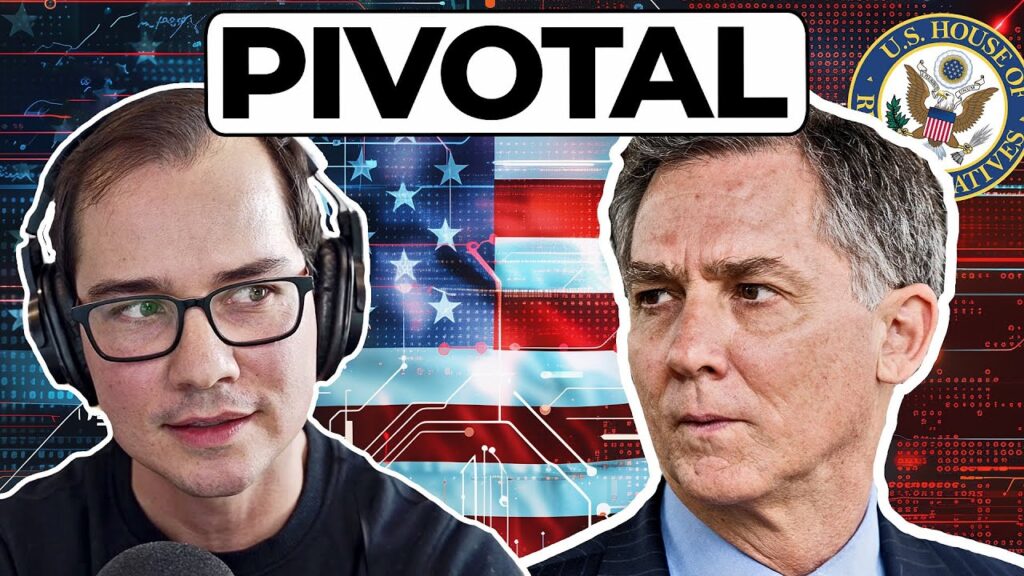Podcast Summary
This podcast episode delves into the concept of cancel culture, freedom of speech, and the impact of censorship on society. The speaker criticizes the rise of cancel culture and its implications on individuals’ freedom to express their thoughts. The discussion also touches on the role of education in shaping culture and the concern about the lack of viewpoint diversity in academia. The speaker introduces the organization FIRE (Foundation for Individual Rights and Expression) as a key player in the fight for freedom of speech. The conversation also explores the tension between teaching religion and respecting different beliefs without offending anyone. The episode concludes with a discussion on the potential benefits of social media and the internet for fostering a better world by embracing flaws and promoting raw honesty.
Key Takeaways
Cancel Culture and Freedom of Speech
- Preference falsification: The speaker emphasizes the importance of expressing one’s true thoughts and opinions. The term “preference falsification” is introduced, referring to the act of suppressing one’s true thoughts due to fear of consequences.
- Impact of Cancel Culture: The speaker notes the rise of cancel culture, particularly on college campuses, and highlights the significant number of professors who have been targeted and lost their jobs.
- Role of FIRE: The Foundation for Individual Rights and Expression (FIRE) is introduced as a key player in the fight for freedom of speech and against cancel culture.
- Freedom of Speech and Epistemology: The connection between the love of science and the freedom of speech is discussed, with the speaker highlighting the role of epistemology in understanding the importance of freedom of speech.
- Viewpoint Discrimination: The concept of viewpoint discrimination is introduced, referring to the censorship of specific opinions or viewpoints, which is considered a significant violation of freedom of speech.
Education and Culture
- Free Speech Culture: The participants mention the distinction between free speech law and free speech culture, emphasizing the importance of a culture that appreciates and protects free speech.
- Role of Education: They discuss the role of education in shaping culture and the concern about the lack of viewpoint diversity in academia leading to a more tribal way of thinking.
- Teaching Religion: The conversation explores the tension between teaching religion and respecting different beliefs without offending anyone.
- Addressing Problems in K-12 Education: The speaker discusses their interest in finding positive ways to address problems in K-12 education.
- Teaching World Religions: The possibility of teaching world religions without disrespecting practitioners is discussed, with the acknowledgment that it depends on the perspective of the teacher and the beliefs being taught.
Sentiment Analysis
- Bullish: The speaker expresses optimism about the potential benefits of social media and the internet for fostering a better world by embracing flaws and promoting raw honesty. They also express hope that people are becoming tired of censorship and the pressure to conform, and that there is a growing desire for authenticity.
- Bearish: The speaker criticizes the rise of cancel culture and its implications on individuals’ freedom to express their thoughts. They also express concern about the lack of viewpoint diversity in academia and the potential impact on freedom of speech and democracy if every business becomes an expressive association.
- Neutral: The speaker acknowledges the challenges of conducting conversations with individuals holding extreme views and the need for deep historical knowledge and empathy. They also mention the importance of understanding the history and motivations behind certain ideas and political movements.











